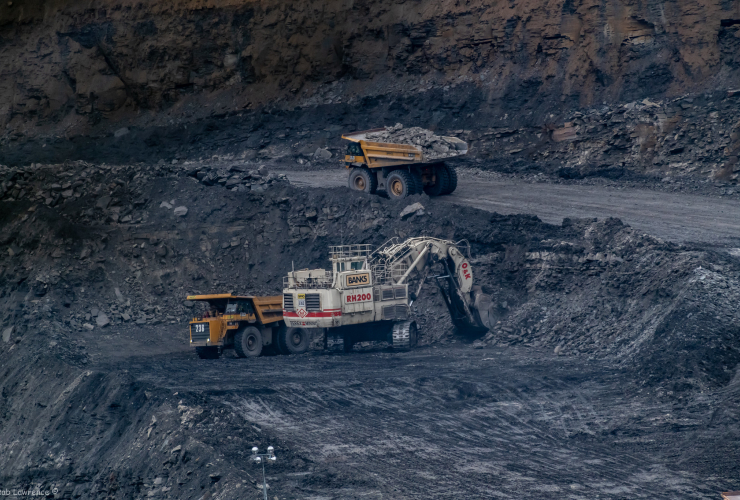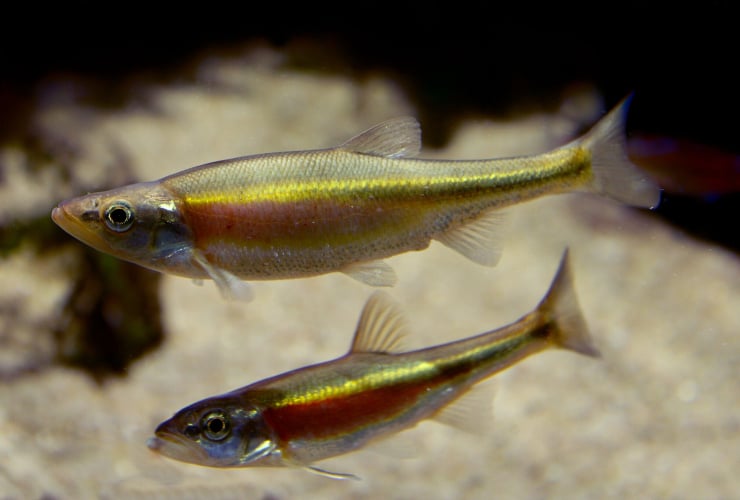'Colossal back-tracking' on thermal coal export end date: environmental advocate
On Dec. 6, the Impact Assessment Agency of Canada (IAAC) decided Coalspur’s Vista Coal mine expansion in west-central Alberta will not be subject to a federal impact assessment.













